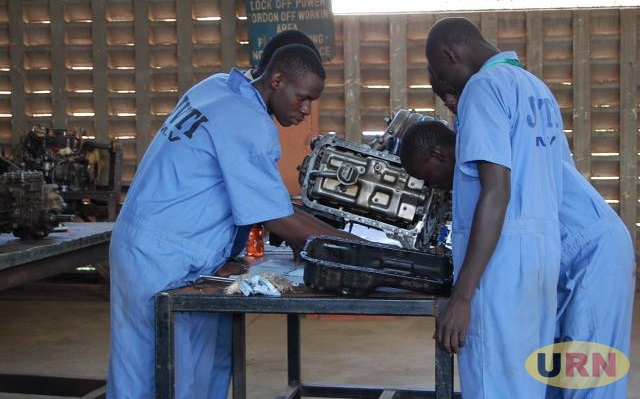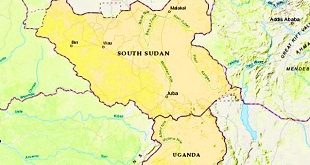
Kampala, Uganda | THE INDEPENDENT | The Department of Technical and Vocational Education and Training Operations and Management (TVETOM) under the Ministry of Education is set to commence an assessment of the costs associated with each TVET course in the country.
This marks the first step in the government’s effort to understand the financial implications of expanding TVET education and explore its potential rollout on a universal scale. David Mubiru, an officer in TVETOM and the Acting Director of the Directorate of Industrial Training, stated that the department has been instructed to conduct this cost analysis. The findings will provide critical data to inform future funding decisions and policy development for TVET programs.
As part of the study, the department will calculate the full cost of delivering TVET training to individual students, including both direct expenses (such as tuition, materials, and instructor fees) and indirect costs (such as administration and infrastructure).
Additionally, the department will project how these costs might change when TVET programs are scaled up nationwide and explore potential funding sources, including government budgets, private sector partnerships, donor contributions, and student fees, if applicable.
This initiative comes at a time when TVET, once seen primarily as an alternative path for students who failed to continue at the academic level after Senior Four or Senior Six, is gaining newfound interest. The increasing demand for skilled labor and the need for enhanced employability are driving this shift.
However, despite significant investments in TVET institutions, including both government-run and private facilities, the cost of training remains prohibitively high for many, especially those from disadvantaged backgrounds. While the government has established TVET institutions across the country, including private ones, the expenses involved often place training out of reach for the poor.
Currently, the government provides sponsorship to only 2,469 students pursuing Technical and Vocational Education and Training at the National Certificate level, which is available to those who have completed the Uganda Certificate of Education. This number represents just 12 percent of the total 20,670 available slots across 85 institutions nationwide.
Previous reports by Uganda Radio Network have highlighted the financial challenges faced even by scholarship recipients. In one such story, Justus Balyanyuka, a student awarded a government scholarship to pursue his studies, was required to pay a “functional fee” of 743,000 shillings before he could begin his training. This amount was far beyond what his family could afford, particularly given their reliance on free primary and secondary education programs.
For years, the government has promised to roll out universal access to TVET education, a pledge reiterated in the 2021-2026 NRM manifesto. However, this vision remains unrealized, with many students still unable to access training due to financial constraints.
****
URN
 The Independent Uganda: You get the Truth we Pay the Price
The Independent Uganda: You get the Truth we Pay the Price



